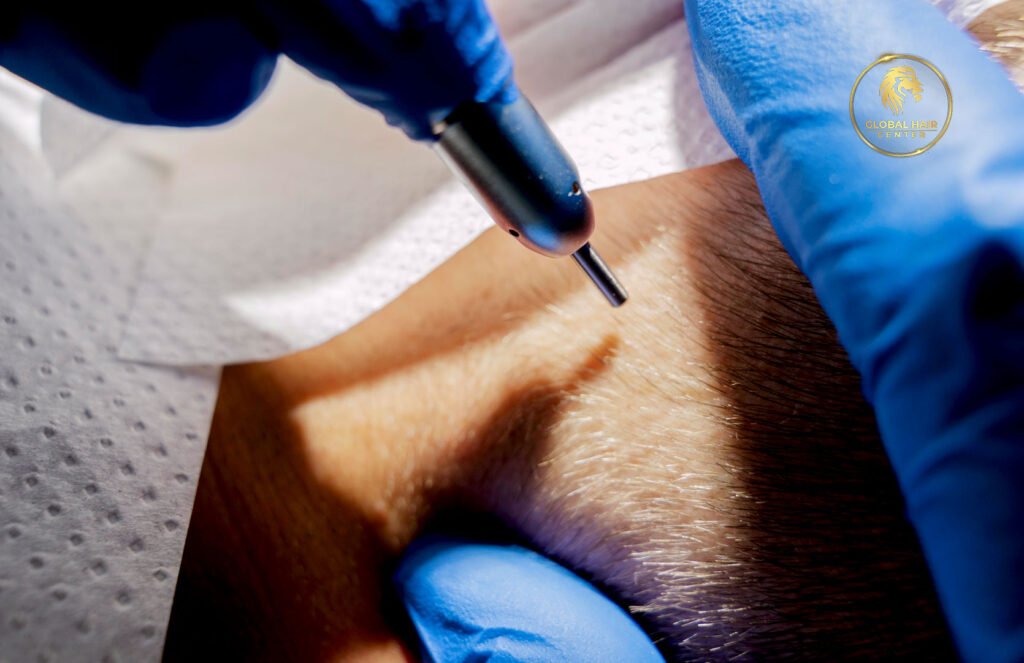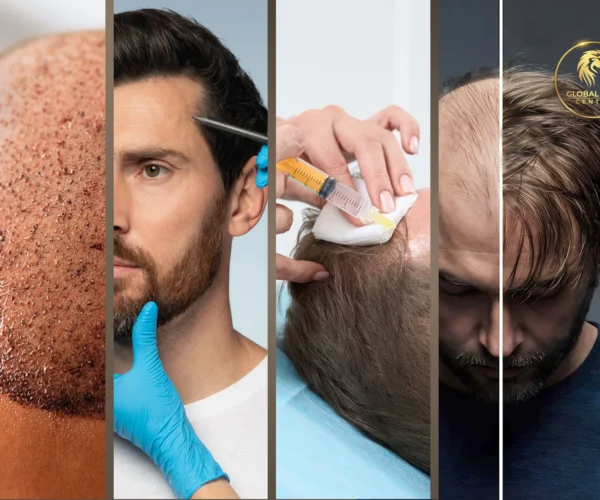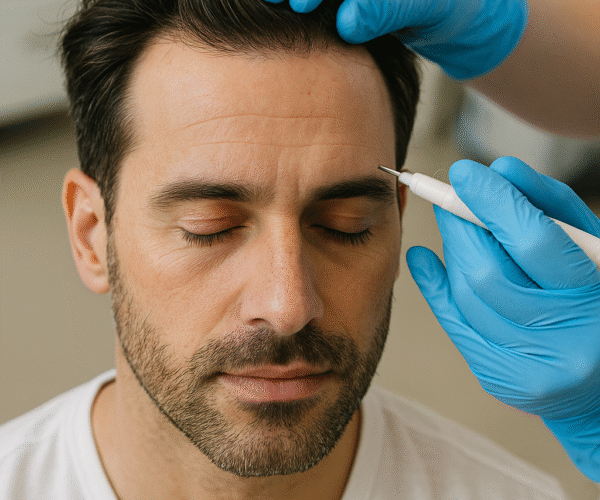Beard and mustache hair transplants

Beard and Mustache Hair Transplants: Restoring Confidence and Redefining Masculinity
Facial hair is more than just a style statement, it’s a defining feature of masculinity, identity, and self-expression for many men. From full beards to distinguished mustaches, facial hair plays a significant role in cultural and societal perceptions of attractiveness and confidence.
However, not every man is naturally endowed with the ability to grow the facial hair they desire. Beard and mustache hair transplants have emerged as a life-changing solution for those seeking to fill gaps, restore hair lost due to scarring, or achieve the look they’ve always wanted. In this article, we’ll explore the transformative impact of facial hair transplants, their techniques, and how they address the deeper connections between appearance, confidence, and identity.
Beard and Mustache Hair Transplants
Beard and mustache hair transplants usually go hand in hand. However,
men can choose to do one and not the other. A beard hair transplant involves transferring hair from one area of the body to the beard. A doctor can select one of many available techniques for the procedure, such as:
- Follicular Unit Extraction (FUE): This method involves extracting entire follicular units one at a time from the donor location. FUE is a less painful technique than other techniques,
- which may explain its popularity.
- Follicular Unit Transplantation (FUT): For this method, the doctors cut a short strip of tissue from the back of the head and eliminate the hair follicles from it, then transplant it into the recipient area.
A follicular unit is a tiny collection of hair follicles that can emerge from the skin at the same exit point
. Both operations include taking 2,000 to 5,000 hair follicle transplants from the back of the head and implanting them on the face.
Patients who are eligible for facial hair transplantation are:
- Those with a lack of hair or poor density from birth, resulting in gaps in the beard.
- Scarring hair loss caused by burns, road accidents, acne, cleft lip repair, or other surgeries.
- The most common reason for transplanting is a lack of hair and voids in the beard.
The Connection Between Facial Hair and Confidence
The link between facial hair and confidence is deeply ingrained in societal norms and expectations. From ancient civilizations to modern-day culture, facial hair has been associated with masculinity, authority, and attractiveness.
As a result, many men place great importance on their facial hair as a symbol of their identity and self-image.
Societal expectations and media representations play a significant role in shaping men’s perceptions of their appearance.
Images of ruggedly handsome men with full beards and mustaches abound in advertising, movies, and popular culture, further reinforcing the notion that facial hair is synonymous with masculinity and attractiveness.
Cultural and Historical Significance of Facial Hair
Facial hair has played a significant role in shaping cultural identities and societal norms throughout history.
In ancient civilizations such as Egypt and Mesopotamia, facial hair was often associated with power, wisdom, and masculinity, with rulers and nobility adorning elaborate beards and mustaches as symbols of authority.
Similarly, in medieval Europe, knights and warriors often grew beards and mustaches to convey strength and virility.
In more recent times, facial hair has been closely linked to countercultural movements, with figures like the Beatniks and Hippies embracing long, unkempt beards as a rejection of mainstream societal norms.
Today, facial hair continues to hold cultural significance, with trends and grooming practices reflecting evolving notions of masculinity and identity.
The Evolution of Men’s Grooming Trends
Men’s grooming trends have undergone significant evolution over the centuries, influenced by changing cultural attitudes, fashion trends, and societal expectations.
However, with the rise of modern civilization and urbanization, grooming practices became more refined, with men experimenting with various styles and grooming techniques to express their individuality.
From the clean-shaven look popularized in the early 20th century to the resurgence of beards and mustaches in recent years, men’s grooming trends continue to evolve, reflecting shifting ideals of beauty, masculinity, and personal expression.
Psychological Factors Influencing Men’s Confidence
Men’s confidence is influenced by a complex interplay of psychological factors, including self-perception, self-esteem, and social comparison. While physical appearance, including facial hair, certainly plays a role in shaping men’s confidence, it is not the sole determinant.
Factors such as upbringing, socialization, and personal experiences also play a significant role in shaping men’s self-perception and confidence levels.
Additionally, societal expectations and gender norms can exert pressure on men to conform to certain standards of masculinity,
leading to feelings of inadequacy or insecurity if they fall short of these ideals.
Addressing Body Image Issues in Men
Body image issues and low self-esteem are not exclusive to women and can affect men of all ages and backgrounds. However, men may be less likely to seek help or support
for these concerns due to societal expectations surrounding masculinity and emotional vulnerability.
This reluctance to address body image issues can have detrimental effects on men’s mental health and well-being, leading to increased stress, anxiety, and depression.
It’s essential to challenge stereotypes and promote open dialogue about men’s body image concerns, creating a supportive environment where men feel comfortable discussing their feelings and seeking help if needed.
The Role of Support Systems and Community
Supportive relationships and communities play a crucial role in bolstering men’s confidence and self-esteem. Whether it’s through positive reinforcement from friends and family or participation in supportive social groups or online communities, having a strong support system can help men navigate body image concerns and build resilience.
Positive role models, mentors, and peers can provide valuable guidance and encouragement, helping men develop a healthy sense of self-confidence and self-worth.
By fostering open communication and vulnerability, we can create a culture where men feel empowered to address their body image concerns and seek support when needed.
Conclusion
Beard and mustache hair transplants are more than cosmetic procedures, they are an opportunity to reclaim confidence and enhance self-expression. Whether you’re looking to fill in patches, cover scars, or achieve a fuller look, this procedure offers a lasting solution tailored to your needs.
If you’re seeking to take the first step toward your desired look, Contact us today for a personalized free consultation at Global Hair Dubai, and let us help you redefine your style with confidence!

PRP Hair Treatment in Dubai –.
Hair loss can be an emotional experience for both men and women. While surgical hair transplants like FUE and DHI.
Read More
Eyebrow Hair Transplant in Dubai –.
Eyebrows play a major role in facial symmetry, expression, and overall beauty. In recent years, there’s been a growing demand.
Read More


